These travel safety tips will help you plan ahead, stay safe on the road, and give you peace of mind as you embark on your next adventure!
31 Travel Safety Tips Everyone Should Know
Travel, whether it’s near or far, has so many benefits. It can be an eye-opening educational experience, and it’ll make you feel united with the world around you. It might even change your life—BUT only if you’re safe!
Like any new experience, travel does not come without its risks. That’s why I’ve put together these travel safety tips: to help you plan ahead, stay aware of your surroundings, and give you peace of mind as you embark on your next adventure!
-
Register with Your Embassy In Case of Natural Disaster or Civil Unrest
Despite all our best planning, we can never be prepared for extreme forces outside of our control. Registering with your Embassy before you travel ensures that if something truly dangerous happens in the country you’re visiting, you know your government will be actively looking out for your safety and well-being.
This includes situations like the Earthquake and Tsunami in Japan, or the civil uprising in Nicaragua last year. In these cases, the US Embassies actively worked to help American citizens evacuate safely. They can also help you with issues regarding your passport.
Registration is usually simple. For Americans, go online to the STEP (Smart Traveler Enrollment Program) web page to submit your passport information, travel dates, and destinations. This will notify Embassies in your region so that if disaster strikes they can contact you quickly and begin assisting you.
-
Check the State Department Website for Travel Warnings

Crowded streets make for prime pickpocketing opportunities Researching all the exciting things you can do and see while on travel is a big part of the fun. But while you’re looking at paragliding in Colombia, or the best museums to visit in Paris (seriously, go see the D’Orsay), take some time to read the latest from the State Department’s travel safety warnings.
Now, most of the time these are worst-case scenarios, and the warnings generally list what could happen in that region–not necessarily what will happen. Still, it’s best to have a look and to keep checking for updates as you get closer to your arrival.
Travel warnings will usually be accompanied by useful travel safety tips. Things like pickpocketing are prevalent in most urban destinations, but warnings of things like violent crime should not be taken lightly.
Do your research, read carefully, and put yourself in a situation to avoid the most reported on areas. As travelers, we love the excitement of exploring new destinations and learning more about the world, but that doesn’t mean we need to put ourselves in unnecessary danger.
You can even sign up to get email updates for travel tips and warnings on the area you’ll be visiting.
-
Get Travel Insurance for Peace of Mind
This is one of the most important travel safety tips. This necessity is too often seen as a luxury, but in regards to safety, there is no question that the list of benefits for getting travel insurance far outweighs the cost. Trip cancellation or delay, lost baggage, and emergency medical coverage are must-haves.
At this point, the question of travel insurance should not be “is travel insurance worth it?” but rather “which travel insurance company is best for my next trip?” It’s no secret that there are travel insurance companies out there that may be trying to take advantage of you by charging high deductibles or making it nearly impossible to file a claim, but that shouldn’t deter you from seeking the travel insurance coverage you need.
Make sure you report your loss as soon as possible to expedite the claims process. And don’t forget to insure your electronics. Camera equipment, laptop, and cell phones can be covered depending on the insurance company.
If you’re unsure how to choose the best travel insurance company, fill out the form below to instantly get a quote.
-
Share Your Travel Itinerary with Family and Friends So They Know Where You’re Heading

You don't have to be young to enjoy adventure travel I know that some of you might prefer to go rogue for a few months. Freedom and privacy may be highly coveted, but too much of a good thing can sometimes put you in a bind.
Give close relatives or friends a general breakdown of your travel itinerary before you take off, even if your itinerary is a loose one. A list of the countries and cities that you will be visiting and your dates of travel is a good start.
This serves two purposes: they’ll feel good knowing that they’ve got some insight into your travel and that you know you plan to travel safely, and you’ll have an extra cushion of someone looking out for you while you’re off exploring.
Social media is a great way to keep people updated as you go, but oversharing can put you at risk. Make sure you’ve updated your privacy settings to keep strangers off your social media if you plan to use those platforms to share your actual travel plans.
And remember to send your close friends and family a more detailed note if your travel itinerary changes considerably. If you’ve canceled your plans to hang out in London in favor of traveling with the new friends you just met in Italy, we urge you to let someone know where you’re headed.
-
Seek Out Updated Location Specific Travel Safety Tips So You Know Recent Trends
When it comes to travel safety tips, scams, and trends, no two destinations are the same. Because of this, the travel safety tips you read for one country or city may not apply to the next.
Be specific with your research when it comes to the latest information on travel safety tips. Don’t just search “is Morocco safe?” but search “2019 safety tips for Marrakech.”
This applies to talking to locals during your travels too. If you’re planning to head to a new city nearby, ask the locals if they’ve heard any news or have any tips to travel safety in that area. Chances are, they’ll have a lot of insight for you.
Hostel staff are also a great resource here. They may be local to the area, or they may be travelers like yourself with some pretty good tips on safety in the immediate area. Whether it’s bars with bad reputations, common travel scams, panhandling, or pickpocketing sights, your hostel staff will (usually) know about it.
And then share what you’ve learned–make sure to share those travel safety tips with friends you meet along the way.
-
Get the Right Vaccinations to Stay Healthy
Getting sick while traveling sucks. So you take a few over the counter meds and spend a day in bed. But getting super sick? Like, Dengue fever sick? That can be the end of your travels for the foreseeable future.
Be preemptive. In some cases, you need to prove you’re vaccinated from certain diseases before some countries will even let you in.
Do your research on vaccination requirements, and carry your shot-card (often a little yellow book) with your passport so you’re always prepared to show it at immigration.
-
Notify Your Bank So They Don’t Freeze Your Card When You’re Traveling
This one is simple and only takes a few minutes. But not doing it, and having your credit card frozen, can cause you hours or even days of frustration and could pose a serious problem.
If your bank doesn’t know that you’re traveling in other countries, they may see your charges or withdrawals as potentially fraudulent and freeze your credit card. Once that happens, you’re going to struggle to call them internationally during their business hours to verify your purchases and to get your credit card reactivated.
Most banks offer this feature on their mobile banking app. Simply enter your travel dates and destinations to report to the bank that you’ll be on the move.
-
Have Multiple Banks Accounts So You Can Transfer Money Easily
Losing your bank card or having it stolen is a traveler’s nightmare. But if you have multiple bank accounts, it could just be a hiccup instead of a show-stopper.
Give yourself the ability to transfer your funds remotely by having at least two working bank accounts. They can even be with the same bank.
If your bank card goes missing, call the authorities, freeze your bank card, and then move your money to your other account. That way, you can keep going with your travels while the bank and the authorities take care of your open case or claim.
The same goes for credit cards. Don’t be put in a bad situation where you can’t access your own money.
-
Write Down Emergency Information to Speed up Assistance
There are a few important aspects to emergency information: your medical information, your passport information, and local emergency points of contact.
You should always carry a card on you with your medical information like blood type, allergies, and someone to contact (usually your parents or spouse). That way, if something happens to you, it gives very crucial information to whoever is providing you aid.
And wherever you chose to keep that is where you should also have a little card where you’ve jotted down things like the country’s emergency phone number (it may not be 911).
When you check into your hostel, hang out a minute longer at the front desk and copy down the local emergency information. Put it in your phone as well, but that should not be the only place you’ve got it.
-
Learn Basic Self-Defense for Protection
Note that I didn’t say “learn to beat someone up” or “perfect your three-finger punch.”
Basic self-defense is an important skill to be used in a worst-case scenario. Learning to defend yourself includes learning how to diffuse a dangerous situation without personal altercation, as well as the importance of buying yourself time to get away quickly and safely.
The goal is to avoid conflict and keep yourself safe. It is not your job to teach someone else a lesson with your cool kung-fu moves.
Consider taking some krav maga or karate lessons before you travel, and emphasize to your trainer that your goal is self-defense. Find an instructor that guides you in the right direction.
-
Book Your Travel with Trusted Sources to Avoid Getting Scammed

Buses navigating the busy streets of Hong Kong When booking travel online, whether it’s buses or flights, any price that seems too good to be true usually is. Keep an eye out for common signs of scam sites, like ones that have too many pop-ups and poor formatting. Make sure any website that asks for payment has a trusted business indicator (like the ones provided by Visa and Mastercard) displayed on the website. These scammy websites count on their readers not paying attention, so don’t give them the satisfaction.
As for booking travel in person while you’re in a foreign country, stick to your hostel recommendations or highly-rated local travel companies. Odd company names or ones that aren’t located in travel hubs (like bus terminals or airports) should be scrutinized heavily.
In some cases, even legit companies could be getting paid-off by malicious groups to rope unwitting tourists in, so that they can rob their bus en route.
Cheap transit is not always your best bet. Remember, you don’t just want a good deal, you actually want to make it to your destination safely.
-
Stay at Decent Hostels for Security and Safety
I’m looking at you, my ultra-budget travelers out there.
It may be tempting to book the cheapest possible place to stay. Hell, extreme budget travel is practically a sport for some travelers. But there are certain things you shouldn’t skimp on, and a clean safe place to sleep is one of them.
Not to say that safe accommodation has to be expensive, but your main concern should lie with things like locks, lockers, and a 24hr front desk. The only people that should be able to access your hostel at night are staff and tenants. That way you can get a truly worry-free night’s sleep and be ready to step out on your next adventure.
-
Wear the Right Clothes So You Don’t Stand Out
Dressing appropriately for your surroundings has multiple benefits. Not only does it show that you are respectful of the local culture, but it helps you blend in as well. Dressing like a “tourist” makes you a target for potential theft.
Try to keep your travel wardrobe minimalist, so you can add a flare of local attire depending on where you are visiting. Pickpockets and other nefarious characters are constantly on the lookout for people who don’t look like they belong. And don’t wear your flashy, expensive-looking jewelry or fancy brands as this can also be an open invitation for trouble.
-
Bring a First Aid Kit for Minor Injuries
Scrapes and burns may not seem like a big deal, but staying healthy is, and health is a part of safety. Traveling is sometimes dirty business. With rocky hikes and dusty buses, you never know what might happen, and you need to be in control of your health as much as possible.
It doesn’t take much for a small cut or splinter to get infected, so do yourself a favor and keep your own first aid kit on hand and easily accessible. Be hyper-aware of any small injuries you get along the way. Foot injuries can be especially susceptible to contamination and dangerous to your health.
Band-Aids, antiseptic, and clean gauze are a good start for a basic kit. You should also consider vitamin-c and throat lozenges to stave off the pesky common cold, and Imodium in the event that the food you eat doesn’t… agree with you. Don’t be embarrassed. We’ve all been there.
-
Inspect Transaction Points to Avoid Fraud and Theft

If something doesn’t look right with an ATM, don’t use it Money tips and travel safety tips go hand in hand. Just like with having multiple bank accounts to protect your funds, you need to be wary of anywhere you might swipe or insert your bank card or credit cards.
Look for signs of tampering. Has anything been added to the card receiver that may be capable of recording your bank card or credit card data?
Inspect Transaction Points to Avoid Fraud and TheftRestaurants are not immune to this either. Always ask if your credit card can be swiped at the table instead of letting your server take your card away to complete the transaction.
When in doubt, you can always skip to the next ATM or pay your dinner tab with cash. You can even report potential tampering to the local police.
-
Use a VPN to Protect You From Hackers
Free WiFi can feel heaven-sent when you’re on the move—especially if you’re a digital nomad working and traveling. But as lovely as it is to connect for free, it can also put your device at risk for hackers.
If you come across public WiFi that is not password protected, it is possible that the data on your laptop or computer could be gathered by a third party while you’re connected. A VPN, or Virtual Private Network, is a great way around this problem.
When you use a VPN paid service, your online activity will be sent through virtual connections and encrypted, so your IP address and data can’t be intercepted. Now you can safely embrace that sweet, sweet free WiFi without worrying about identity theft or fraud.
ExpressVPN is one of my favorite VPNs for international travel. It provides secure, private and unrestricted internet access so you can hide your location
-
Study Maps to Keep Your Bearings

You don’t need to be a modern-day Magellan to get this one down. Having a decent understanding of the layout of the place you’re exploring will ensure that, even if your phone dies, you can still get yourself to your lodging, a central piazza, or a major transportation hub (quickly and safely, preferably).
Additionally, studying your map can even help you plan out your day or discover interesting places you wouldn’t have otherwise known about.
I recommend using whatever map app you like on your mobile phone, and dropping pins for a few key locations. Then keep a mental note of where those buildings or features are in relation to you as you explore. That way, if you get turned around or lost, you know what features you’re looking for as you regain your bearings.
-
Know Common Scams to Avoid Being Ripped-Off
Have you heard of the shoe-shine scam in Budapest? Or the tea-room scam in Hong Kong? There are some very clever scammers out there that unfortunately count on you to be a well-meaning and gullible person.
Friendliness from locals can be wonderful, but anyone that gets too chummy too quickly may be trying to take advantage of you. Do your research and be aware of scams that may be common in the country you’ll be visiting.
And don’t let your own politeness get in the way of your security. If you’re uncomfortable with a situation it is always okay to say “no, thank you” and walk away.
-
Be in Control When Hiring Taxis and Tuk-Tuks to Arrive Safely at Your Destination
Most taxi drivers are honest, hardworking individuals. But for those that aren’t, having you in their car puts them in an advantageous position of power.
Discuss the price or rate before you get in the vehicle. If your taxi driver mumbles or tells you they will talk about the price once they’re en route to your destination, they may be trying to rip you off. Do not let a taxi driver tell you that your lodging or the restaurant you want to go to is closed. They’re likely just trying to get you to spend money at their friend’s business instead.
And when it’s time to load your bags, make sure they’re in the back seat with you, not in the trunk. That way, if for any reason you want to get out of the vehicle quickly, you can grab your bags and go.
-
Carry a Decoy Wallet to Keep Muggers from Taking Your Real One
This is one of my favorite travel safety tips because it’s so easy.
Getting mugged is a terrifying experience. Someone desperate enough to stop you and demand that you give them your valuables is dangerous and should not be provoked. But it’s very likely that once they have what they want, they’ll leave you alone quickly to avoid being caught.
Carry a decoy wallet with a little bit of cash in it. It’s a helpful way to get out of that awful situation safely. If you’re unlucky enough to get mugged, hand the mugger your decoy wallet, and get out of there as quickly as possible. They’ll think they’ve taken everything you had on your person, and you are more likely to stay safe and unharmed.
And don’t ever resist a mugger. Your wallet is not more valuable than your safety and health.
-
Use the Right Bag for Added Security

The right backpack is everything This is another one of the travel safety tips that requires you to splurge a bit. Simply put, bags that aren’t designed for security put you at risk for theft. This applies to all of your bags: luggage, day-packs, purses, bumbags, etc.
Make sure your luggage is lockable. Carry daypacks and handbags that are slash-proof and RFID blocking. There are some cool camera bags out there that are discrete, as in they don’t look like a camera bag, and have theft-proof zipper access at the small of your back instead of the top of the bag. Bags with lots of pockets are great for separating your cash, passport, and mobile.
Bag safety and security are a necessity, so shop around and find something that works for you and keeps your valuables safe.
-
Always Have Positive Control of Your Bag to Deter Thieves
I cringe every time I see someone sitting at a table outside a cafe with their bag sat carelessly in the chair next to them. If you aren’t aware of your bag and touching it in some way at all times, your bag is more likely to be stolen.
One great method to keep your stuff safe is securing your bag straps around your chair leg at your feet. For my rucksack, while I’m at bus stops or airports, I put my bag on the ground and stand with my foot through the strap.
Any physical contact with your bag is a deterrent for potential bag snatchers.
-
Invest in Locks to Secure Your Valuables
Sure, some hostels offer you a lock when you check-in, but that same lock has been used by dozens of people before you. That’s not exactly secure, is it?
Whether you prefer a key or combination lock, having your own lock (or two) is the best way to keep your stuff safe and secure when you’re not with it.
Cable locks are particularly useful for locking your bags or sporting equipment together; just make sure they’re also tethered to a permanent structure if you’re going to walk away from your stuff.
-
Hide Extra Cash as a Backup
It is a rare occurrence, and certainly not something we like to admit when it comes to our fellow travelers, but theft in hostels does happen.
If by some chance someone manages to get into your bag and steal from you (if your bag is locked up with your lock this shouldn’t happen!), you don’t want to make it easy for that person to find everything you’ve got.
There are lots of clever ways to stash and hide cash in different spots in your bags. Chapstick tubes, socks, and secret sewn-in pockets are great places to hide your extra cash.
-
Avoid Tight Crowds to Prevent Pickpocketing
Pickpockets love crowds. Crowds are loud, distracting, and well… crowded. If you’re in a tight crowd, you may not be able to tell the difference between someone brushing up against you by accident and someone reaching into your pocket or bag.
Street performances, block parties, and queues are prime target situations for pickpockets on the prowl. Do your best to avoid these crowds, or at least stay on the outer edge of a crowd where you’ve got better situational awareness.
-
Check-in Regularly with Someone You Trust for Added Peace of Mind
Solo-traveling is a great way to learn about yourself and the world around you and to ensure you get to do things your way. But that doesn’t mean you don’t deserve the same safety net as someone traveling with a group.
Whether you choose another traveler you’ve met or someone back home, having someone that knows they are your safety net and is aware and expecting to hear from you is so important. If something happens to you and you don’t check-in with that person like you said you would, they may be your best bet for getting help quickly.
A simple “Hi, I’m safe” text or call to check-in is all you need for staying safe and accountable.
-
Travel in Groups for a Safer Night Out
Like I said though, traveling with a group provides a safety net that solo-outings do not, and this is especially applicable at night. So don’t hesitate to join or create a group when you want to go out.
Make sure it’s obvious that you’re with other people wherever you are. Criminals target people who are alone but will steer clear of groups because they’re more likely to get caught if they try to steal from you or harm you. A united front makes you a harder target.
If you’re traveling on your own and itching for a night out, make some friends at your hostel and invite them out! It may feel awkward asking a stranger to hang out with you, but just be honest and tell them you don’t want to go out alone. Chances are they’ll understand and welcome the company.
Besides, making new friends is part of the fun of travel!
-
Practice Situational Awareness to Avoid Unnecessary Risk

Don’t forget to enjoy your surroundings! This might seem like one of those obvious travel safety tips, but you have to pay attention to your surroundings when you travel. Walking with your head down looking at your phone tells the world that you’ve got no situational awareness, as does gawking at skyscrapers.
Your surroundings are going to be complex and dynamic, and you need to maintain a critical eye and a clear head so you can react quickly and appropriately to possibly dangerous situations.
Make eye contact with potential threats. No, I don’t mean get into a staring contest, but let them know you see them and they’re more likely to move on. Keep your phone in your bag, stay (relatively) sober, and look out for your friends as well.
Body language also plays a big role in deterring theft and harassment. When sitting in a restaurant for instance, always do your best to sit facing the door, so you can see everyone coming and going from the building. Choose bus seats closer to the door for a quick exit if you don’t feel comfortable with the people around you.
-
Know Important Phrases in the Local Language to Avoid Confusion
Nothing is more frustrating than taking a bad, stressful situation and adding a language barrier.
Hand gestures and charades can only get you so far in a foreign country. Besides being polite, learning a few important phrases in the local language of the countries you’re visiting can save you a lot of trouble. You can even write the words and phrases down and keep them on you if memorizing isn’t your thing.
Learn to comfortably say words like “hello/goodbye,” “please/thank you,” “clean water,” “toilet,” “bus,” and “train.” You can also work on questions like “where is the…?” or “how much for…?” And of course, people love it when you can order food or a drink in their native tongue.
“Dos cervezas, por favor!”
-
Trust Your Instincts to Make Good Decisions
Everyone has some level of intuition. It’s like a survival instinct; you know the feeling! When something isn’t quite right, maybe your stomach starts to feel queasy, or the hairs on the back of your neck stand up.
Don’t ignore your “spidey-senses” if they’re trying to tell you something. When all other travel tips fall short, and a situation feels “off,” trust yourself and your intuition to make the right choice and help you stay safe.
-
Wear Your Helmet to Protect your Most Important Asset!
Alright, alright, this one may seem like a no-brainer (pun intended), but I can’t count the number of times I’ve seen travelers cruise past me on a moped with no helmet on!
Concussions can disrupt a trip, and your “how’d you get that scar?” story won’t exactly sound epic when you tell them you fell off a bike without a helmet on your head. Unfortunately, common sense is not always a common virtue.
Besides, while your insurance company may cover emergency medical evacuation or repatriation, it may not cover dumb decisions like not wearing your helmet. Do you really want to test it?
And this goes for any kind of personal protective equipment, especially if you opt to participate in extreme sports. You wouldn’t skydive without a parachute, so please don’t scooter without a helmet!
I hope these travel safety tips help you feel secure while getting the most out of your travels (and if you want more, check out my 65 Best Travel Tips). Whether you’re backpacking or traveling first class for a vacation, this universal list of advice is tried and true. Travel safe!
Travel Safety FAQs
-
How do you ensure safety during travel?
To stay safe during travel, always tell someone where you’re going, register with the Embassy, and get travel insurance.
-
How do you stay healthy while traveling?
To stay healthy while traveling, make sure you have the right vaccinations and be careful about the food and water you consume.
-
How do you keep yourself safe while travelling alone?
If you’re traveling alone, you can stay safe by always telling someone where you’re going, doing your research, and having travel insurance.
-
What is the safest way to travel and why?
The safest way to travel is by airplane. Air travel is very predictable, and accidents are extremely rare.
-
What should I prepare before traveling?
Before traveling, make sure you prepare your documents, travel plans, vaccinations, and travel insurance.
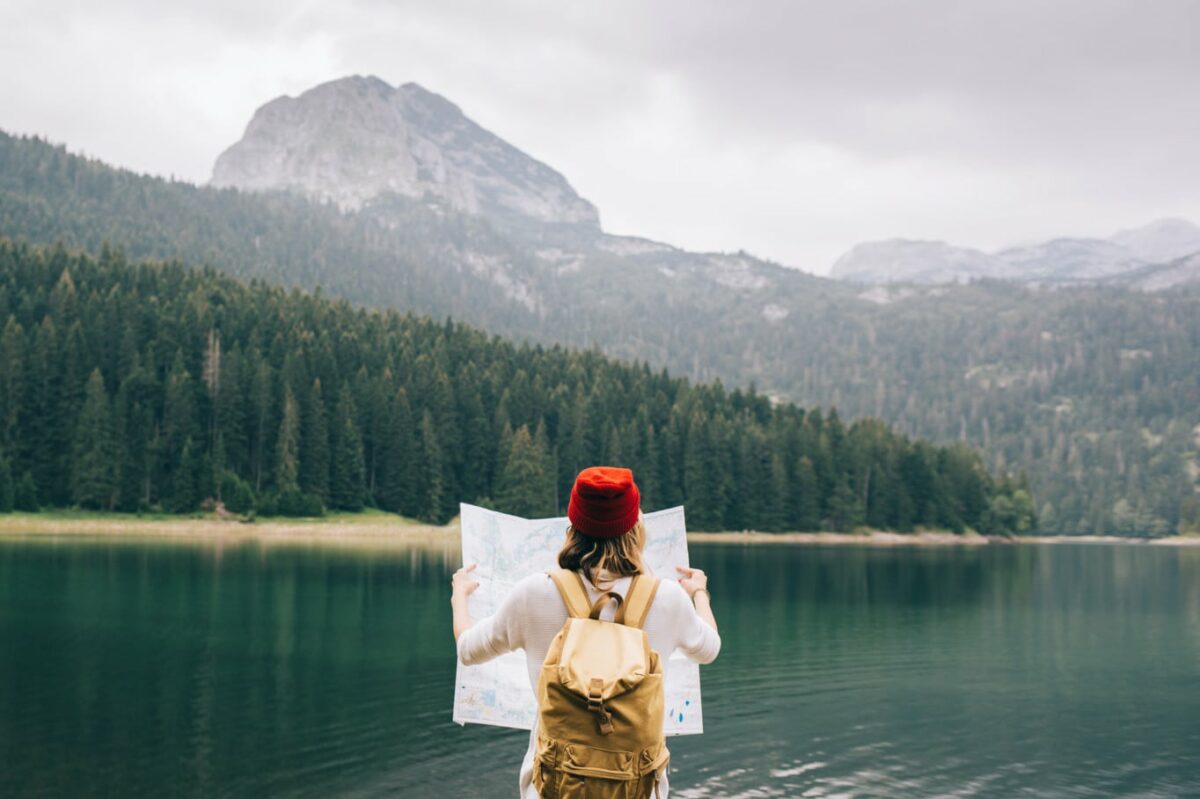

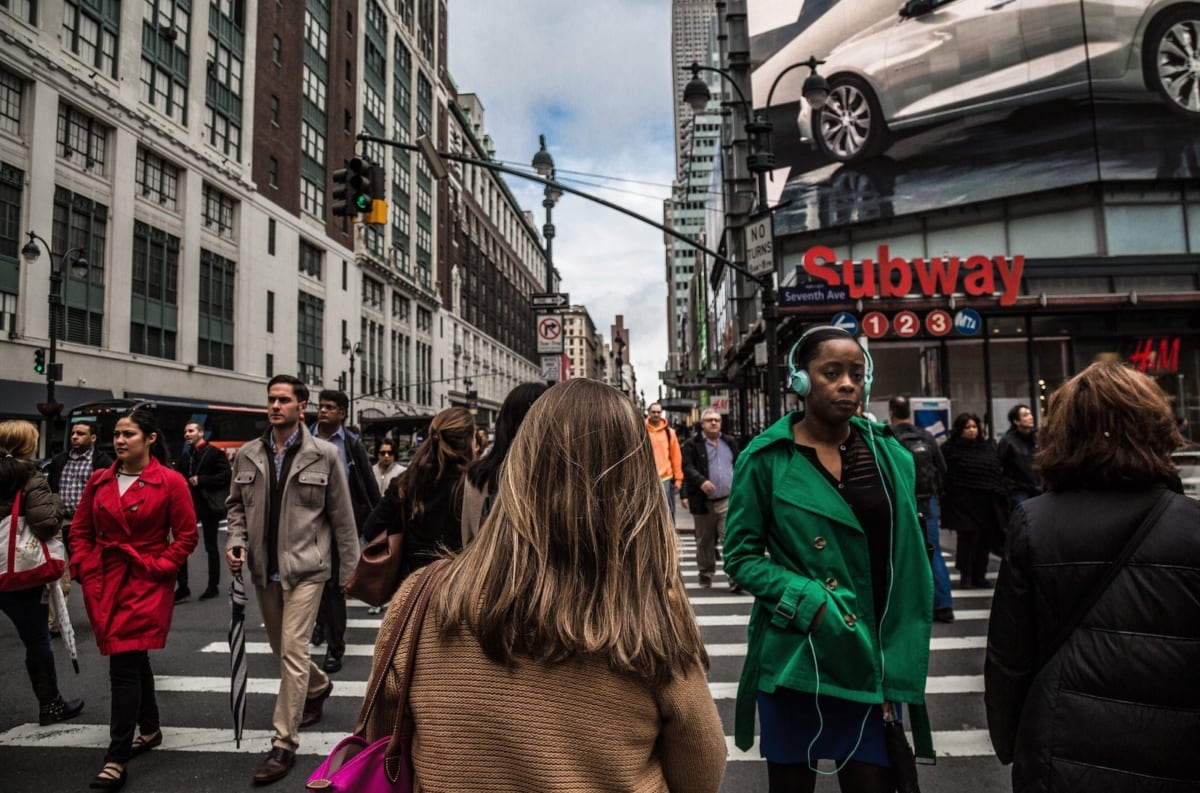
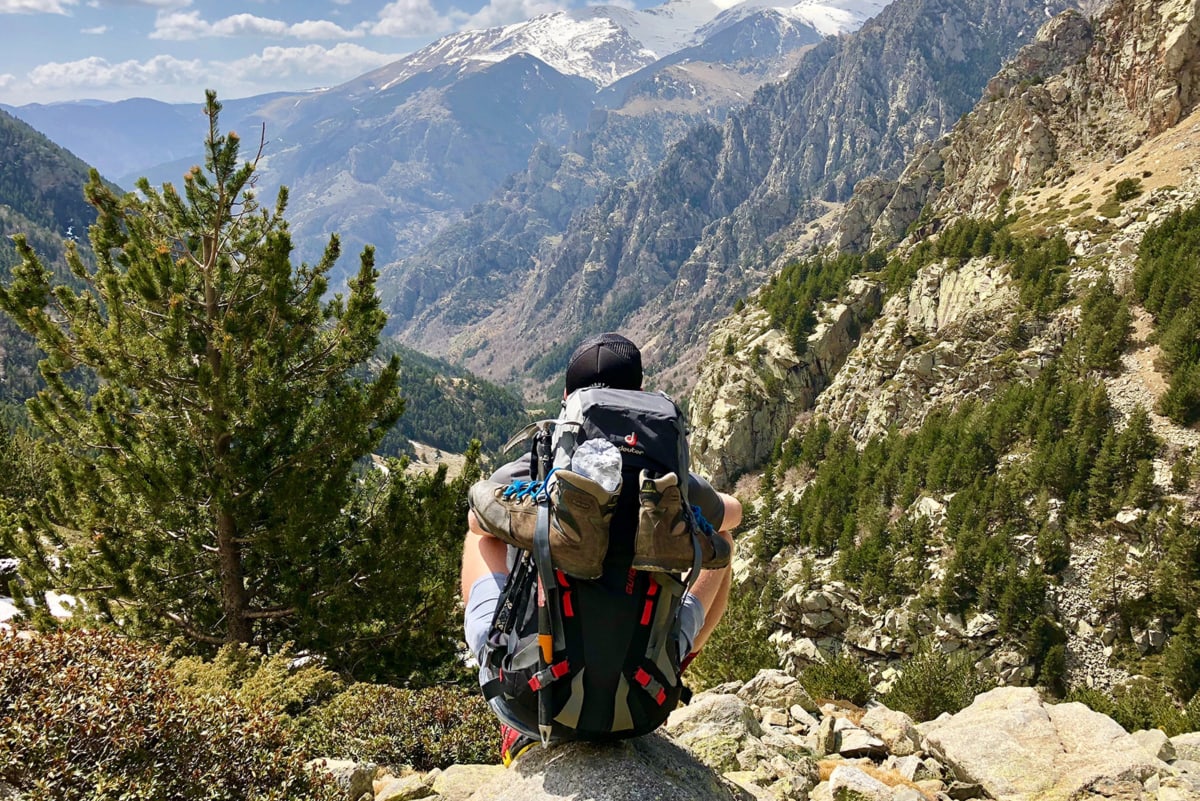
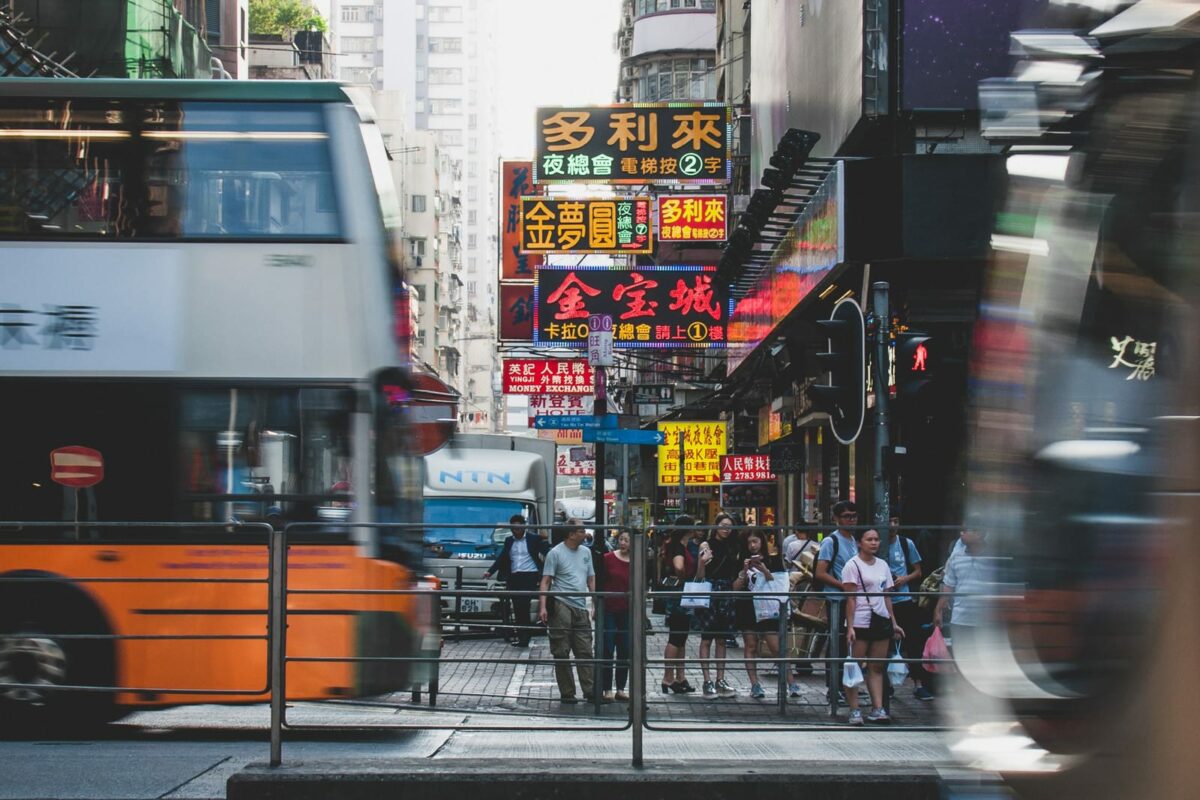
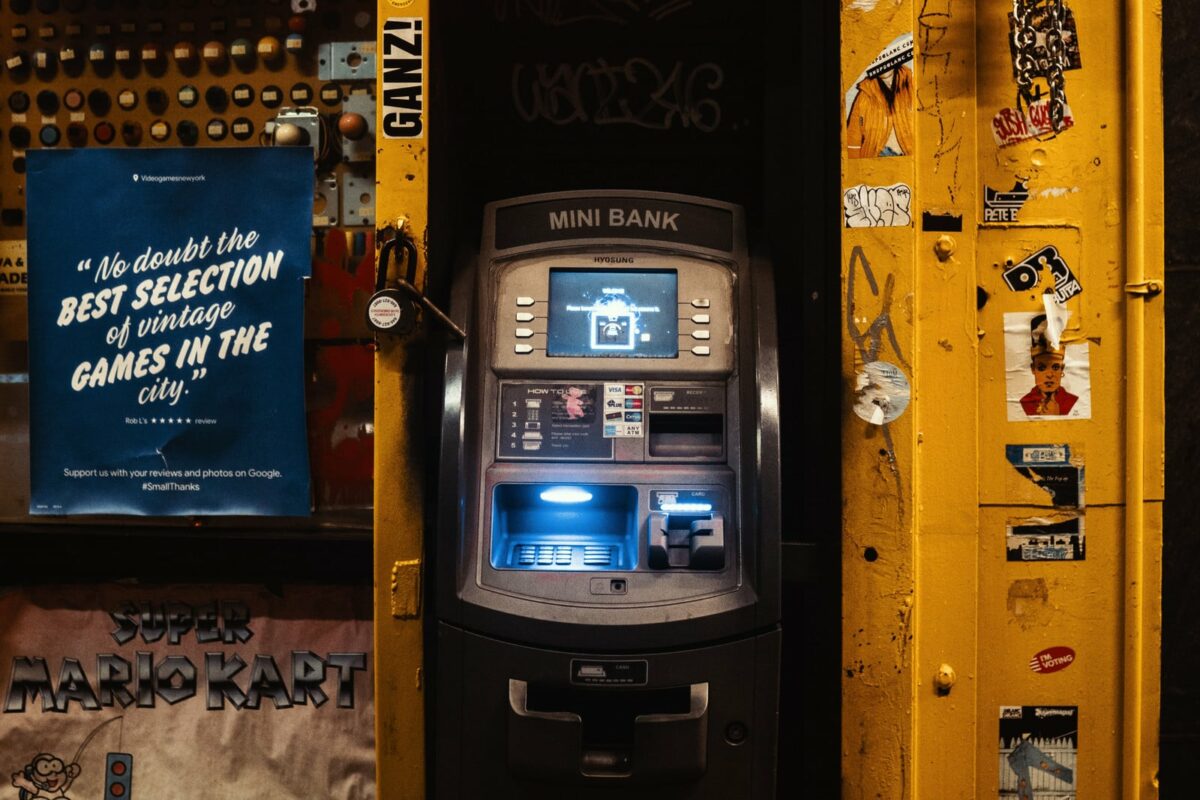
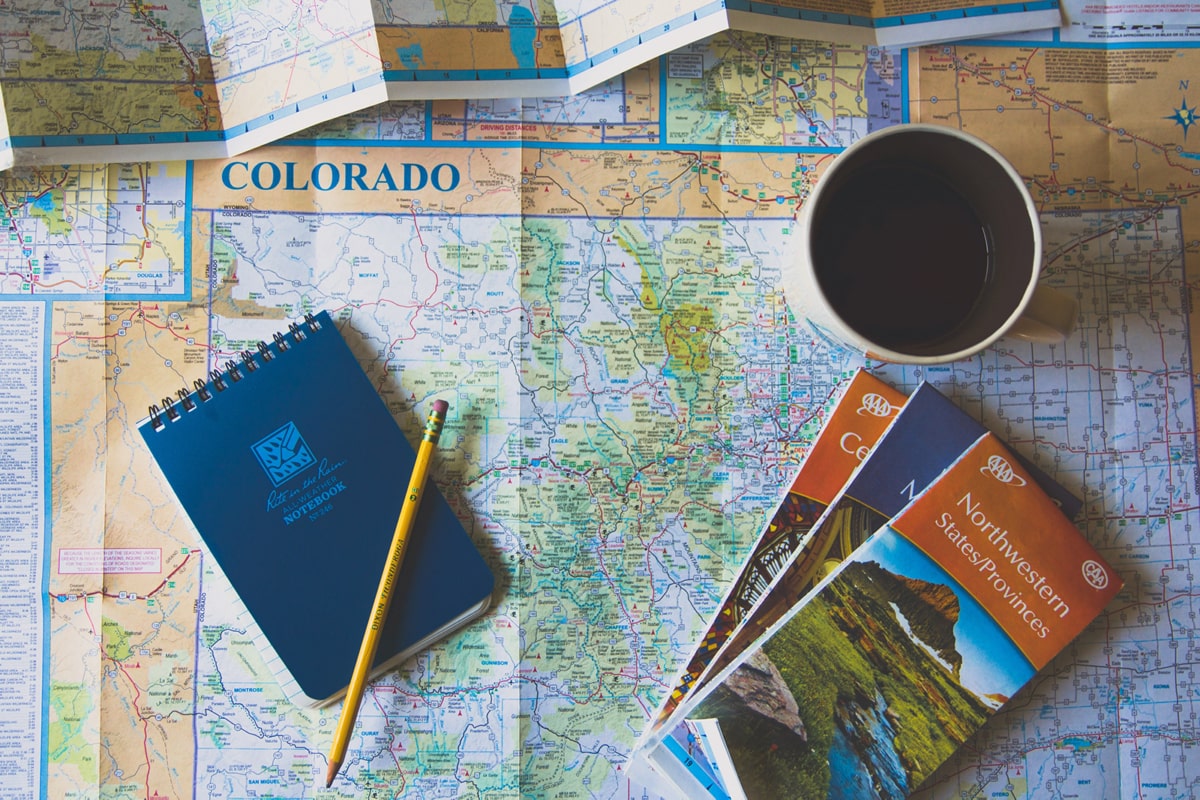
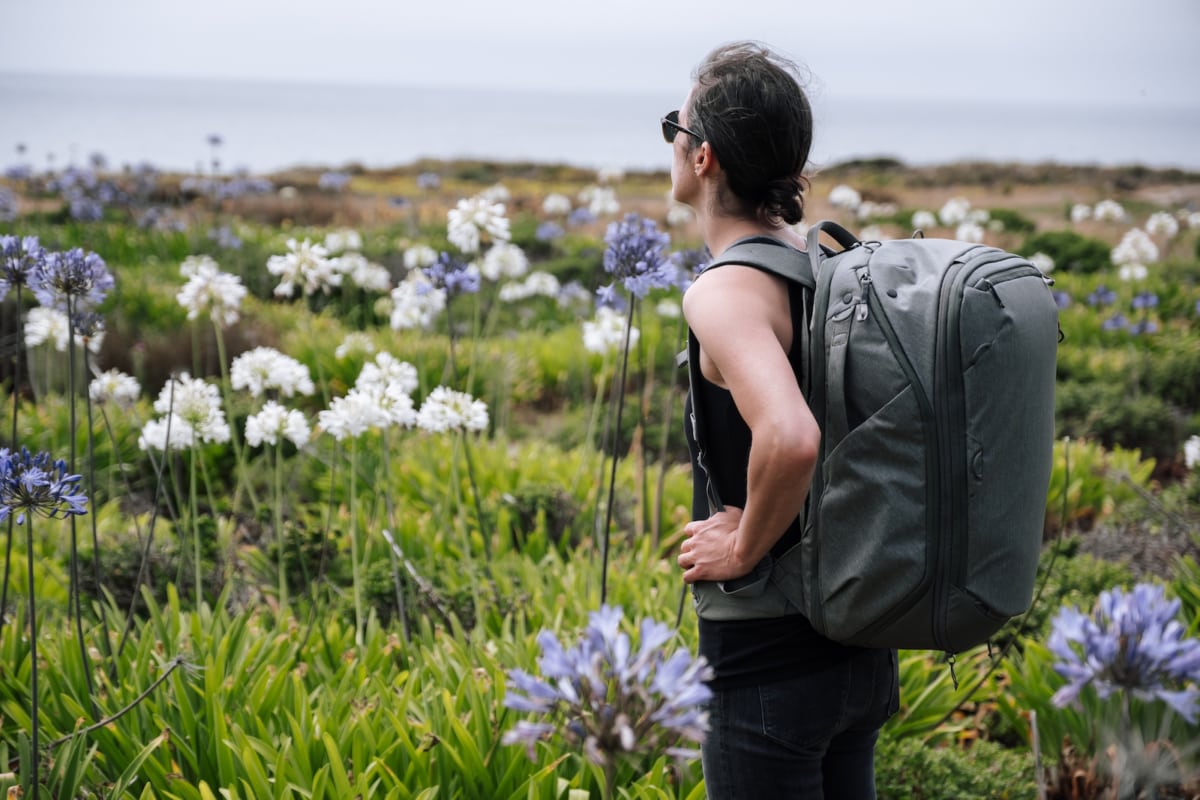
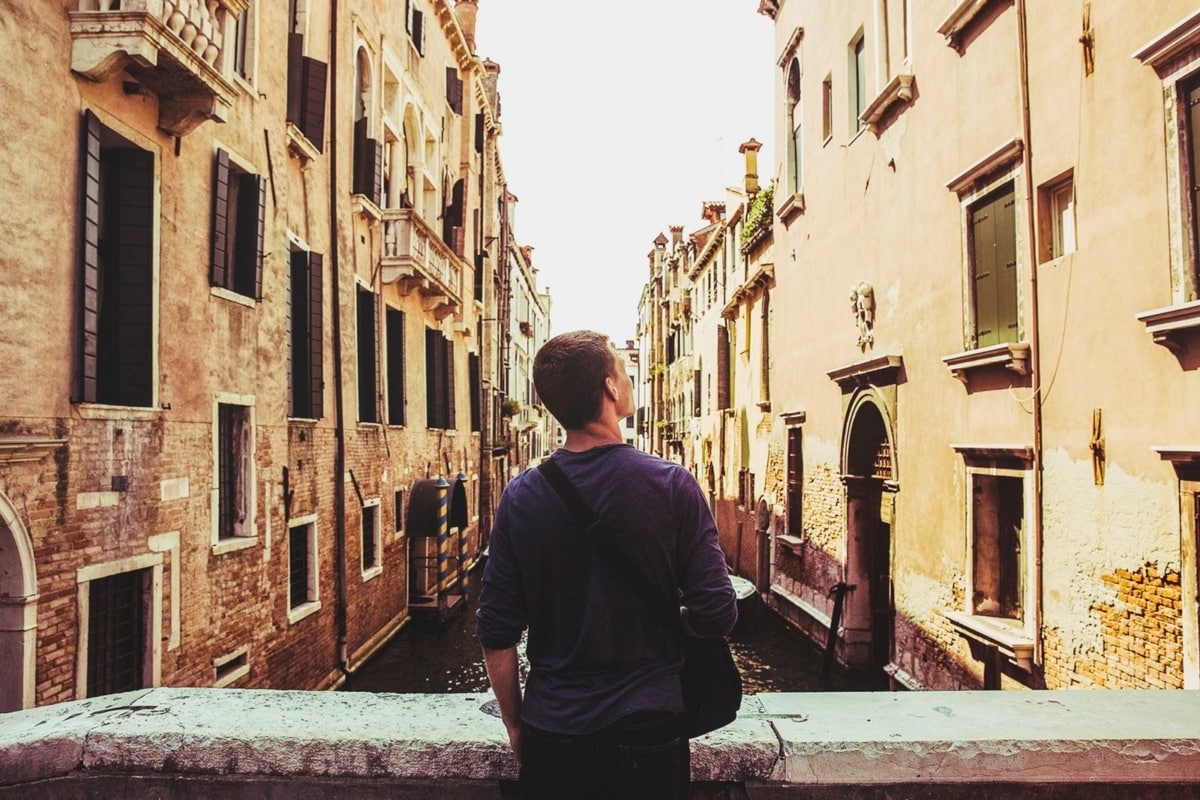
We’re looking to go to Bali in October.